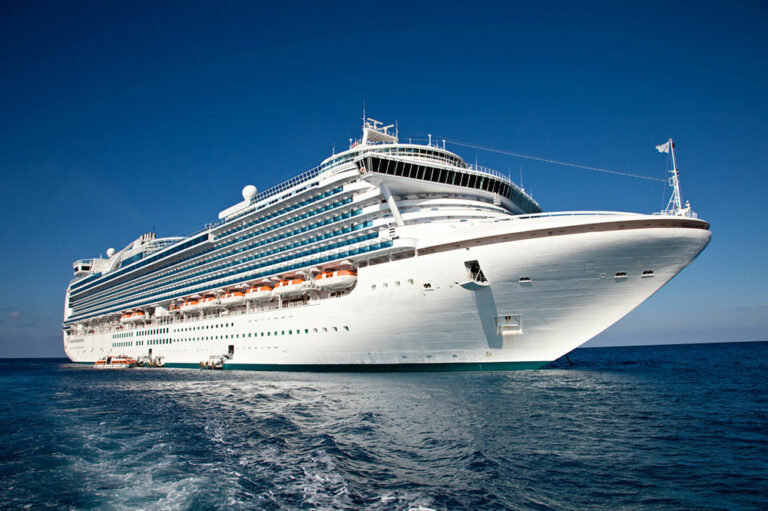With increasing e-commerce transactions, the shipping industry is booming more than ever. Whether it’s an online store or a brick-and-mortar retail operation, shipping products safely and efficiently is a must for almost all businesses today. However, any issues in this process can result in damaged goods, packaging issues, add-on shipping costs, or customer dissatisfaction. Here are some common shipping mistakes to avoid to ensure the best services and save on fixing shipping errors.
Improper or faulty packing
Most product damages during shipping can be avoided if the packing is proper. Inadequate packing, whether in size or protection, can damage the contents during transit. It’s important to use the right boxes and cushioning for items to avoid wasted time, resources, and extra costs for the store or shipping company.
Errors in bill of lading
A bill of lading (BOL) is a legally binding document with shipping details. This document lists the responsibility of both shipper and carrier, and any issues here, like wrong country or state code, wrong origin or destination, incorrect goods description or goods ownership, and others, can lead to time-consuming and costly delays.
Estimating shipping weight wrongly
Weight estimation of the shipment is a crucial part of the process, and getting these numbers wrong can cost more. It’s not enough to weigh the product; one should also factor in the weight of packaging. Consult the shipping carriers for proper weighing tools and mention the correct number, down to the decimal place, before sending it out.
Opting for one carrier
Having only one carrier for all shipments is another mistake. If there are any issues with the carrier, like an accident, strike, or overbooking, it can cause shipment delays, customer dissatisfaction, and loss of sales. Alternatively, working with more carriers means one can leverage potential cost savings since the charges of each carrier usually differ.
Wrong freight class or uninsured freight
Many shippers opt for a lower freight class since the charges are less, but if the products don’t fall under that category, the reclassification charges are much higher. These costs can quickly add up, and businesses that ship goods in large quantities on a regular basis may have to lose thousands of dollars over a period of time. Insuring freight is also necessary to deter loss due to unforeseen transport issues and product damages.

















